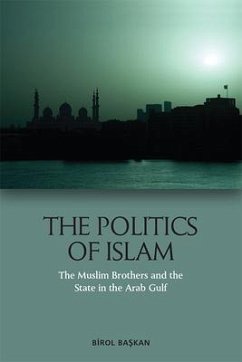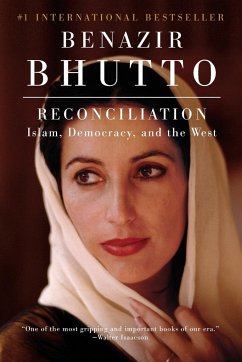Compares state-Muslim Brotherhood relations across Bahrain, Kuwait, Qatar, Saudi Arabia and the United Arab Emirates The Muslim Brotherhood - the oldest, largest and most influential religious movement in the Muslim world - has often faced repression, most notably in its home country of Egypt. In the 1950s and 1960s, the Gulf States offered Brothers fleeing persecution a safe haven. However, this friendly reception has become increasingly hostile in the 21st century. Following a crackdown on the Muslim Brotherhood in Egypt in the summer of 2013, many Gulf States followed suit, with Saudi Arabia and the United Arab Emirates both declaring the movement as terrorist in 2014. By contrast, Qatar has continuously offered a positive reception to the Muslim Brothers. In this book, Birol Başkan explains the variation in attitudes and approaches across 5 Gulf States - a disparity that he argues is at the root of the ongoing Gulf crisis that erupted in June 2017. Key Features Traces the development of state-Muslim Brotherhood relations since the 1950s in 5 Gulf States Provides a detailed account of the Muslim Brotherhood's internal dynamics that have characterised the organisation's evolution in the last 70 years Examines how Gulf States have incorporated religion in building their educational and justice systems Birol Başkan is a Non-Resident Scholar at the Middle East Institute.
Hinweis: Dieser Artikel kann nur an eine deutsche Lieferadresse ausgeliefert werden.
Hinweis: Dieser Artikel kann nur an eine deutsche Lieferadresse ausgeliefert werden.








